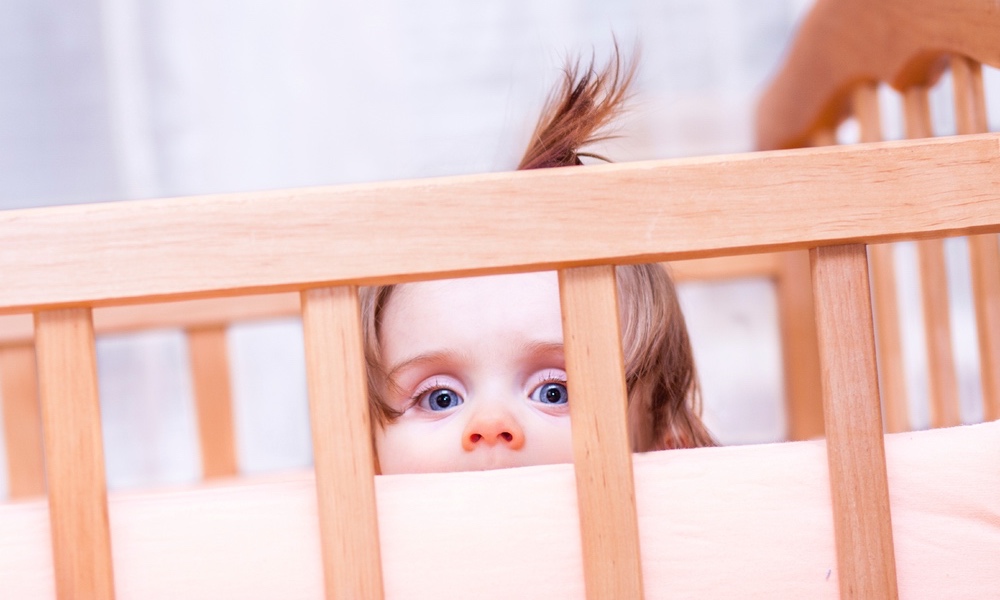When your child misses a nap, crankiness usually follows, making the rest of the day and evening unpleasant for all. Even more important than this, a new study finds, naptime, along with a good night’s sleep, is critically important not just for mood, but for the brain’s ability to process memories.
Sleep is known to contribute to emotional processing and memory formation, but it’s always been thought that rapid eye-movement (REM) sleep was necessary for it. And napping doesn’t always get a person, or child, into this stage of sleep. So the University of Massachusetts at Amherst team set out to determine if napping affected how children process emotional memories.
Parents and preschool teachers often notice “that children seem either grumpy or giddy when they skip their nap,” researcher Rebecca Spencer points out. “Our results are consistent with these observations of caregivers. Naps do contribute to emotion processing at this young age.”At a time when many kindergarten classes no longer take naps, the study shows that this may be a mistake — even children of kindergarten age benefitted from naps.
There were no differences in how well the children were able to remember the faces regarding whether they were “mean” or “nice.” And there were no differences in the children whether they were tested after a nap or after a playtime.
Important differences did appear the next day, after a night of sleep: The kids who’d napped the previous day performed better on the memory tests than the kids who played quietly, suggesting that nighttime sleep and naps may work together to help process and solidify emotional memory. “This supports an interplay between the nap and subsequent overnight sleep in the consolidation of memories in young children,” explained Spencer, a neuroscientist.
At a time when many kindergarten classes no longer take naps, the study shows that this may be a mistake — even children of kindergarten age benefitted from naps.
“Given the importance of socio-emotional learning in preschool, naps averaging 70 minutes may support the curricular goals of early childhood education,” Spencer says. “As such, napping remains an important part of the daily preschool schedule and sufficient time for sleep should be protected.”





